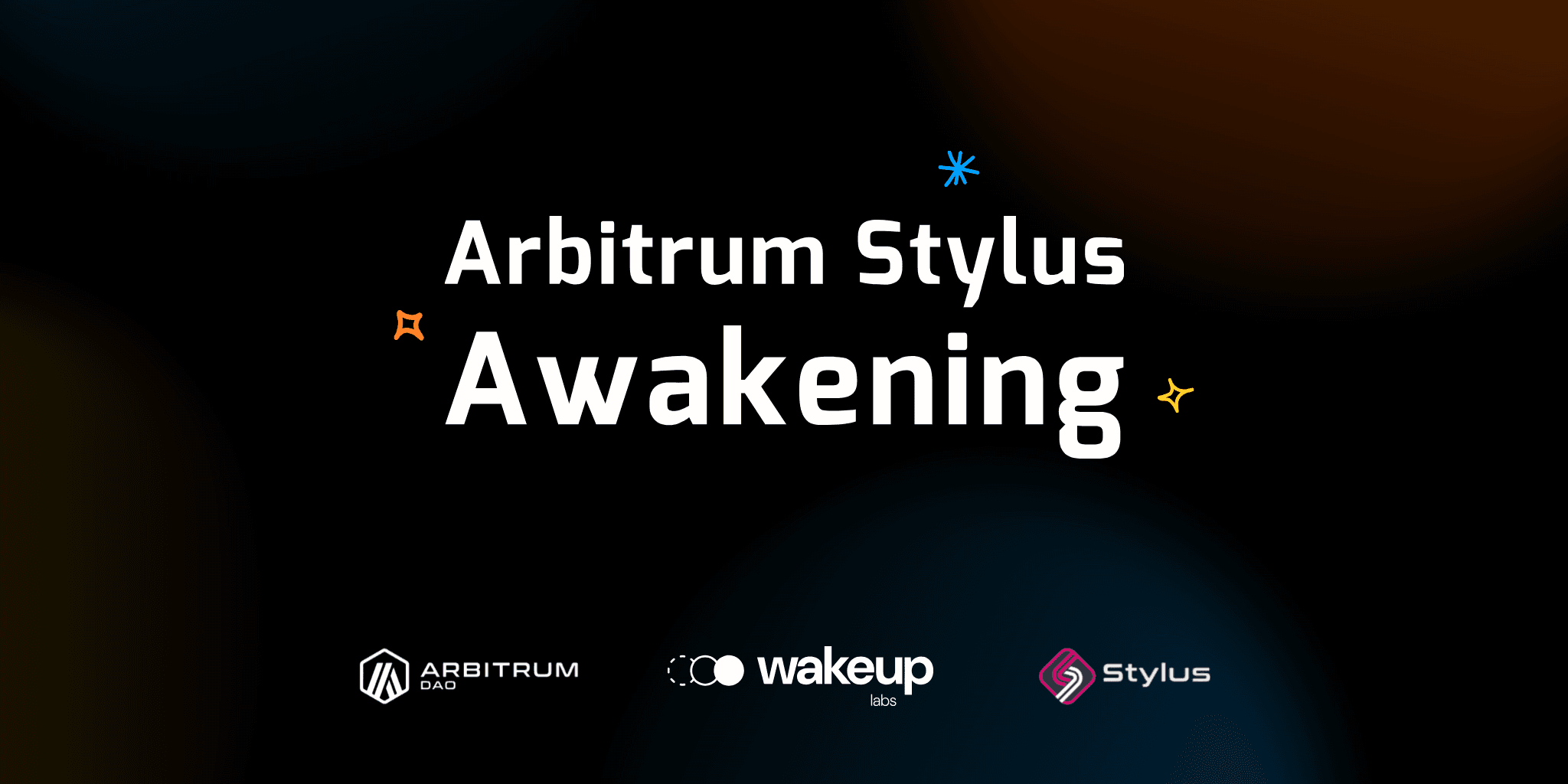

Jan 13, 2025
Membership Verification and Identity Standards for Optimism's ZK Toolkit
These two milestones highlight our progress in enabling seamless membership verification on the testnet and integrating the W3C Decentralized Identifier (DID) standard into our solution as part of the Optimism mission: ZK Toolkit for ZK Application Developers. Together, these advancements establish a solid foundation for scalable and interoperable decentralized identity management.
Basic Membership Verification on Testnet
To make decentralized membership verification accessible, we built a foundational architecture that allows web3 wallets to claim and verify membership credentials issued by an issuer. The process is validated through on-chain verification on the testnet.
We began by developing the skeleton architecture for decentralized membership verification. This architecture uses a mono repository that integrates three components: the web3 wallet, issuer node, and verifier. By adopting this structure, we ensured a modular and scalable design that simplifies the process for developers seeking to implement membership verification in their projects.
To support this architecture, we provided several deliverables, including the complete source code hosted on GitHub, comprehensive user documentation covering setup, deployment, and troubleshooting, and a streamlined release pipeline for ease of adoption. You can explore these resources through our documentation (1), (2).
In addition to the architecture, we demonstrated the system’s functionality by validating membership credentials on-chain via the testnet. This highlighted the system’s reliability and practicality. Here’s a quick demo to show how it works: users who already have a credential issued by the system, or those who just received one, can submit a claim request for an airdrop.
Key features of this milestone include:
The JS Wallet SDK, which simplifies integration for decentralized applications.
The Issuer Node, which facilitates the creation of verifiable membership credentials.
The On-Chain Verifier, which ensures dependable validation on the blockchain.
Applying the W3C DID Standard
We extended our solution by incorporating the W3C Decentralized Identifier (DID) standard, enhancing interoperability and alignment with decentralized identity protocols.
We integrated the W3C Decentralized Identifier (DID) standard across the OPID ecosystem. This integration ensures compliance with global best practices, aligning our system with established identity protocols and enhancing interoperability.
To support this integration, we delivered key updates across several components. The Issuer Node now includes full DID support, while the JS Wallet SDK has been updated to ensure smooth and efficient handling of DIDs. Additionally, we provided examples showcasing DID functionality in real-world scenarios, including on-chain verification.
Check out the documentation.
Along with this integration, we refined the system architecture to align with best practices for decentralized identity management. These enhancements improved the overall usability and robustness of the solution. We also developed thorough documentation explaining how to use and integrate DIDs within applications, along with a live example to demonstrate their functionality.
What’s Next?
With these milestones achieved, we are advancing plans to develop membership revocation and key rotation, support data querying for schemas, enable basic zero-knowledge proof generation for Boolean schema queries, create a zero-knowledge proof query language for schema attributes, and propose the integration of the ZK Toolkit with the OP Stack before moving to the final delivery.
Stay updated by following us on X (Twitter) and LinkedIn!
Basic Membership Verification on Testnet
To make decentralized membership verification accessible, we built a foundational architecture that allows web3 wallets to claim and verify membership credentials issued by an issuer. The process is validated through on-chain verification on the testnet.
We began by developing the skeleton architecture for decentralized membership verification. This architecture uses a mono repository that integrates three components: the web3 wallet, issuer node, and verifier. By adopting this structure, we ensured a modular and scalable design that simplifies the process for developers seeking to implement membership verification in their projects.
To support this architecture, we provided several deliverables, including the complete source code hosted on GitHub, comprehensive user documentation covering setup, deployment, and troubleshooting, and a streamlined release pipeline for ease of adoption. You can explore these resources through our documentation (1), (2).
In addition to the architecture, we demonstrated the system’s functionality by validating membership credentials on-chain via the testnet. This highlighted the system’s reliability and practicality. Here’s a quick demo to show how it works: users who already have a credential issued by the system, or those who just received one, can submit a claim request for an airdrop.
Key features of this milestone include:
The JS Wallet SDK, which simplifies integration for decentralized applications.
The Issuer Node, which facilitates the creation of verifiable membership credentials.
The On-Chain Verifier, which ensures dependable validation on the blockchain.
Applying the W3C DID Standard
We extended our solution by incorporating the W3C Decentralized Identifier (DID) standard, enhancing interoperability and alignment with decentralized identity protocols.
We integrated the W3C Decentralized Identifier (DID) standard across the OPID ecosystem. This integration ensures compliance with global best practices, aligning our system with established identity protocols and enhancing interoperability.
To support this integration, we delivered key updates across several components. The Issuer Node now includes full DID support, while the JS Wallet SDK has been updated to ensure smooth and efficient handling of DIDs. Additionally, we provided examples showcasing DID functionality in real-world scenarios, including on-chain verification.
Check out the documentation.
Along with this integration, we refined the system architecture to align with best practices for decentralized identity management. These enhancements improved the overall usability and robustness of the solution. We also developed thorough documentation explaining how to use and integrate DIDs within applications, along with a live example to demonstrate their functionality.
What’s Next?
With these milestones achieved, we are advancing plans to develop membership revocation and key rotation, support data querying for schemas, enable basic zero-knowledge proof generation for Boolean schema queries, create a zero-knowledge proof query language for schema attributes, and propose the integration of the ZK Toolkit with the OP Stack before moving to the final delivery.
Stay updated by following us on X (Twitter) and LinkedIn!



